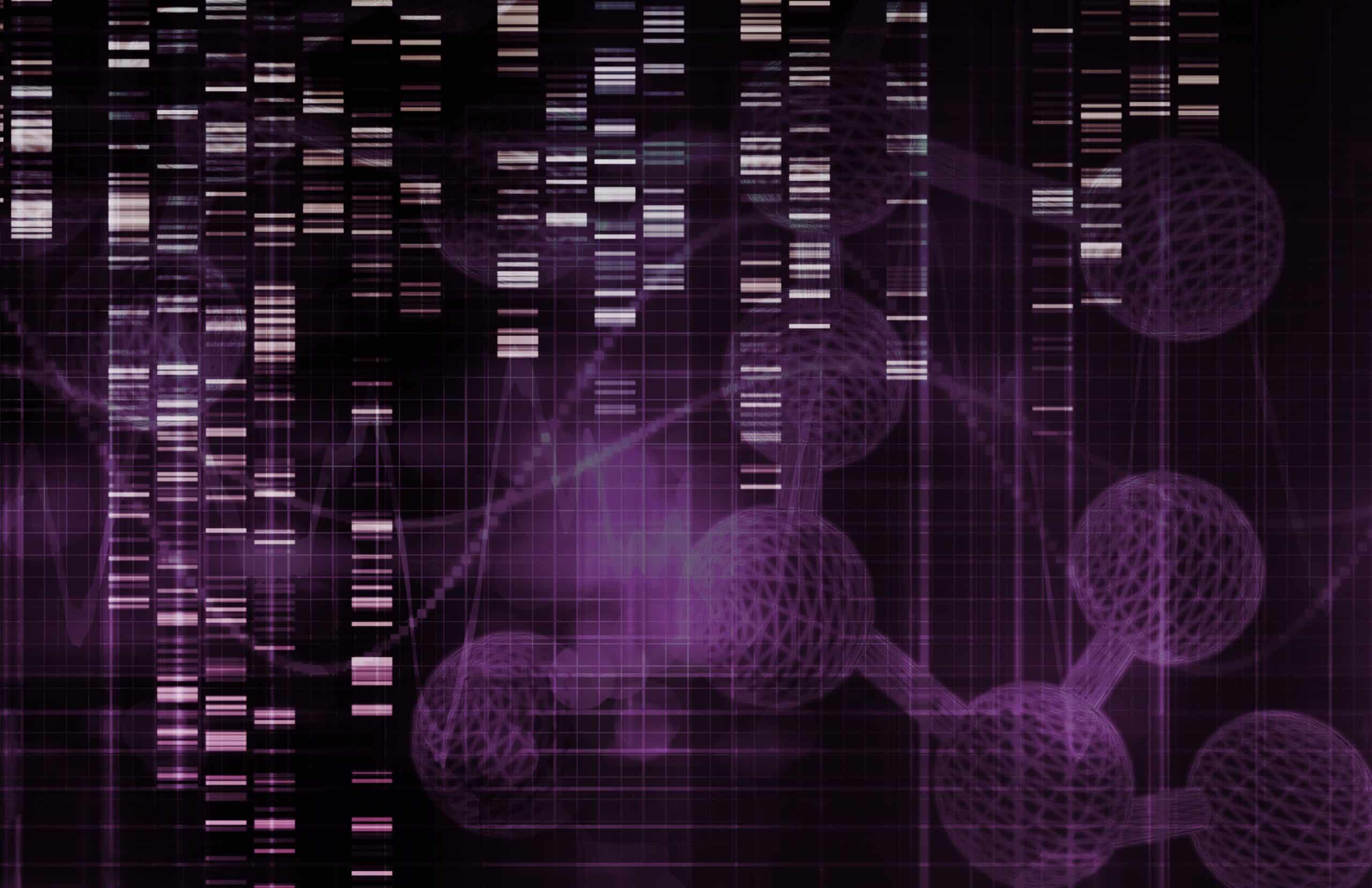According to Ali Gharavi, MD at Columbia University genetic testing can be utilized for personalized diagnosis and management of kidney disease, and suggests that nephrologists should consider incorporating it into diagnostic workups for patients.
1 in 10 American adults are estimated to have CKD, however for 15% of these patients the underlying causes of kidney failure is unknown. CKD has multiple genetic causes, and treatment can vary depending on the cause; in addition many genetic types are rare and can be difficult to detect with traditional diagnostics.
Some patients do not get diagnosed until their kidneys are close to failing which makes it even more difficult to find underlying causes, as kidney disease is often silent in early stages; DNA sequencing has potential to identify genetic culprits, but has not been tested in a wide range of patients with CKD.
DNA sequencing was used in this study to look for genetic kidney disorders in 3,315 patients with various types of chronic or end stage kidney disease, among these 8.5% had not been able to have the cause of disease identified by clinicians.
Genetic disorder was found to be responsible for about 9% of the subjects’ kidney problems, and DNA testing reclassified cause of kidney disease in 1 out of 5 subjects with a genetic diagnosis; DNA testing was also able to identify a cause for 17% of the subjects for whom diagnosis was not possible based on usual clinical workup.
Explaining their findings Gharavi says that DNA testing results had direct impact on clinical care for close to 85% of the 168 subjects who received genetic diagnosis with medical records available for review; information received from DNA testing for several patients changed the team’s clinical strategy; and each of the genetic diagnosis comes with its own set of potential complications which must be considered when selecting treatment options.
Gharavi goes on to add close to half of the subjects diagnosed with kidney disorders that affect other organs and require care from other specialists; 1.5% of the subjects learned they had medical conditions that were not related to their kidney disease, and these incidental findings had an impact on their kidney care, such as predispositions to cancer modifying approached to immunosuppression for patients with kidney transplants.
Results suggest the genomic sequencing may help to optimize development of new medicines for the treatment of kidney disease through selection of patient subgroups who are most likely to benefit from new therapies, and that DNA testing may be most useful when balance with other clinical information. The utility of DNA testing with kidney disease was demonstrated in this study, while other studies have found that DNA testing in healthy individuals can overestimate the prevalence of kidney disease associated conditions.




